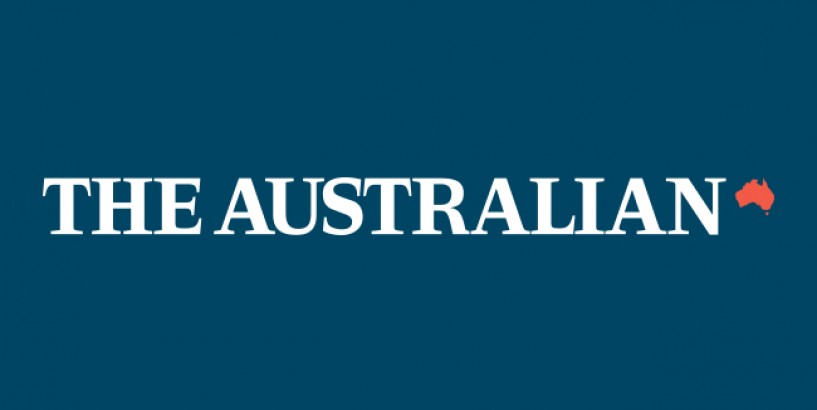Shadow treasurer Jim Chalmers has accused the prime minister of chasing "big headlines, not good outcomes" in his approach to managing the economy amid a global slowdown.
In his first foray into international policy since becoming Labor's chief economic spokesman, Dr Chalmers warned a conference in Canberra that weakening global cooperation is now one of the greatest economic risks facing Australia and the region.
"One of the secrets to Australia's success over the years, and especially during the global financial crisis, has been willingness to engage with the world on our terms," he told an Australian National University conference on Friday.
"Seeking common ground for the common good."
He said it was disturbing to see Prime Minister Scott Morrison turn his back on such cooperation in a recent speech where he railed against global institutions.
"At best, Morrison's speech was bizarre and incoherent," he said.
"At worst, it was dangerous, dealing Australia out of global conversations that are critical to advancing our national interest."
The state of the economy has been a key focus of debate this parliamentary sitting week after the International Monetary Fund cut its growth forecast for Australia this year to 1.7 per cent from 2.1 per cent.
The Organisation for Economic Cooperation and Development also cut its Australia 2019 forecast to 1.7 per cent last month.
Dr Chalmers said despite these "loud alarm bells" the government still had no plan to address the weakness in the economy.
"This inaction leaves us dangerously and unnecessarily exposed to global shocks," he said.
"(The prime minister) chases big headlines, not good outcomes. When many countries in our region are playing the long game, he is focused on the six o'clock news."
Home Affairs Minister Peter Dutton insists the government is spending money at a time of slow economic growth, such as its $100 billion infrastructure program and $7 billion in drought assistance.
But won't be "splashing the money around" like previous Labor governments.
Mr Dutton said there were concerns about the international economy but he was encouraged by the latest set of local jobs figures released on Thursday.
They showed the unemployment rate dropped to 5.2 per cent in September from 5.3 per cent.
The result prompted financial markets to pare back expectations of a further interest rate cut when the Reserve Bank board meets in November, although many experts still believe there's a good chance of a cash rate cut to 0.5 per cent by early next year.
The central bank cut its key rate to a record low 0.75 per cent earlier this month, the third reduction this year.
However, Reserve Bank governor Philip Lowe has told the IMF and World Bank meetings in Washington he does not foresee Australian interest rates going negative.
"I'm not going to speculate on ... negative interest rates and quantitative easing in Australia, other than to say that negative interest rates are extraordinarily unlikely in my country," Dr Lowe said.









